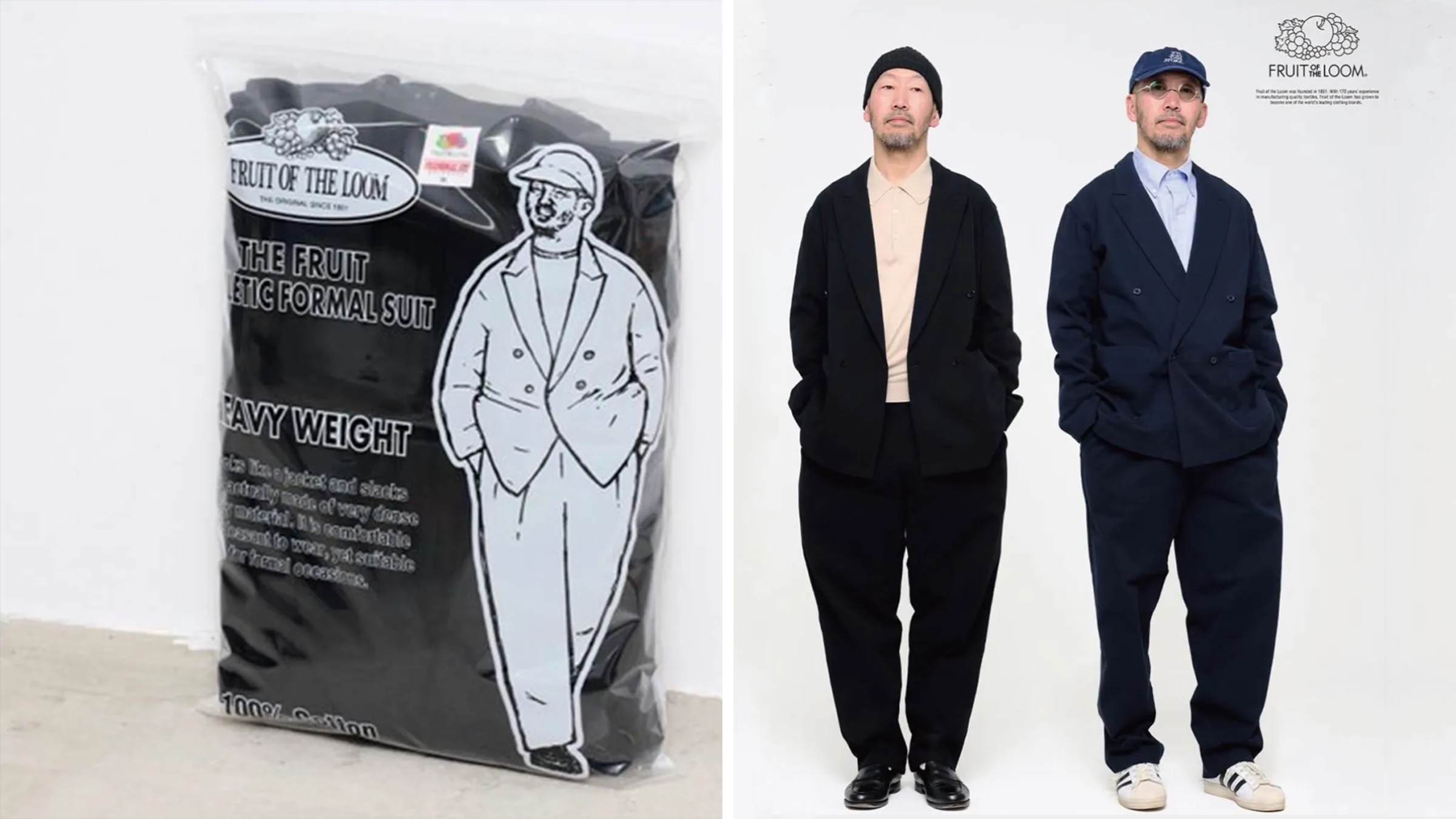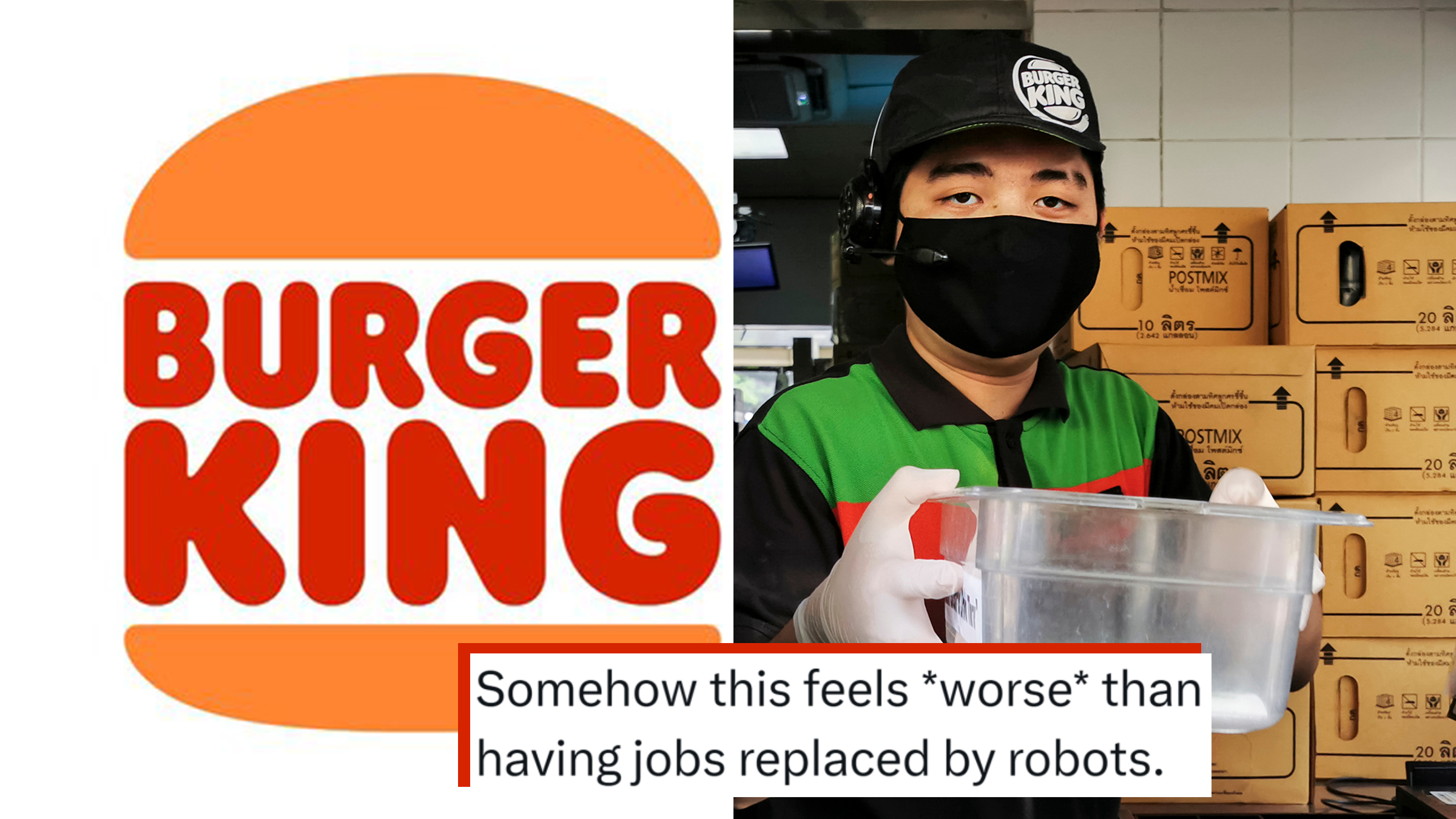As concerns and accusations about Mayor Pete Buttigieg's time at McKinsey have grown—culminating in him dropping his client list Tuesday night—a similar, parallel rumor has also taken shape: That Pete Buttigieg was involved with the CIA.
It's not that implausible, given a few factors. One is that McKinsey and the Central Intelligence Agency (CIA), although both shrouded in secrecy, have worked definitely together. And in a book he released in advance of a presidential run, Shortest Way Home, Buttigieg mentioned that as part of his work for McKinsey, he stayed in a "safe house in Iraq."
In an interview with the Atlantic to get ahead of the conversation about his McKinsey work, Buttigieg was asked if he has any ties to the CIA.
Earlier today, I talked with the mayor by phone as he sat on a charter plane about to fly from South Bend to New York. No, he told me, he was not in the CIA. He said the work he did was mainly about, in consultant-speak, reducing “overhead expenditures” and increasing “efficiencies”—but he said he doesn’t believe that any of the work he did led to job cuts, or to changes in people’s insurance.
While that settles it. Anyone who says they weren't involved with the CIA clearly is not a spy.
However, his client list at McKinsey presents another issue. One of the clients he mentions (along with the Department of Defense) is Blue Cross Blue Shield.
A former health insurance exec, Wendell Potter, detailed in a Twitter thread what McKinsey was doing with Blue Cross Blue Shield, which was, essentially, find a way to make it more money. What that boiled down to was: kick people off insurance, raise premiums, and cut jobs, according to Potter.
Buttigieg worked on the project in 2007. In 2009, the company laid off hundreds while raising executive pay.
It brings me no joy that my hunch that @petebuttigieg advised Blue Cross Blue Shield in the run-up to layoffs and rate hikes, was revealed to be right. Campaign spin aside, as a former insurance exec I know what that work really entails, and it is devastating. (1/7) https://t.co/kPxx3xBoWi
— Wendell Potter (@wendellpotter) December 11, 2019
Those of us who knew about McKinsey’s involvement at our insurance corporation knew it would lead to “cost cutting.” That’s consultant talk for laying off workers, offshoring, and hiking rates. The McKinsey efforts would have code names because it had to be kept secret. (3/13)
— Wendell Potter (@wendellpotter) December 9, 2019
To an old health insurance exec, those are code words that translate roughly to cutting costs through layoffs, restructuring, and potentially denying health coverage to those in need. 5/13
— Wendell Potter (@wendellpotter) December 9, 2019
"Those of us who knew about McKinsey’s involvement at our insurance corporation knew it would lead to 'cost cutting.' That’s consultant talk for laying off workers, offshoring, and hiking rates. The McKinsey efforts would have code names because it had to be kept secret ... To an old health insurance exec, those are code words that translate roughly to cutting costs through layoffs, restructuring, and potentially denying health coverage to those in need," Potter wrote.
You can read the whole thread here or see it in Buttigieg's own words. In 2019, he's saying none of his work led to job cuts. In 2011, he said he found redundancies throughout the firm but didn't explicitly say what happened next.
.@PeteButtigieg was caught today in a 2011 video saying: "I remember one client organization that was a large insurance firm that had grown in such a way that there was a great deal of duplication. Some people didn’t even know what the people working for them were doing." pic.twitter.com/Uxzbtcqvl3
— BoldProgressives.org (@BoldProgressive) December 11, 2019
In an interview last night with Rachel Maddow, Buttigieg again said he doubts anything he did at McKinsey could have led to layoffs.
READ MORE:






